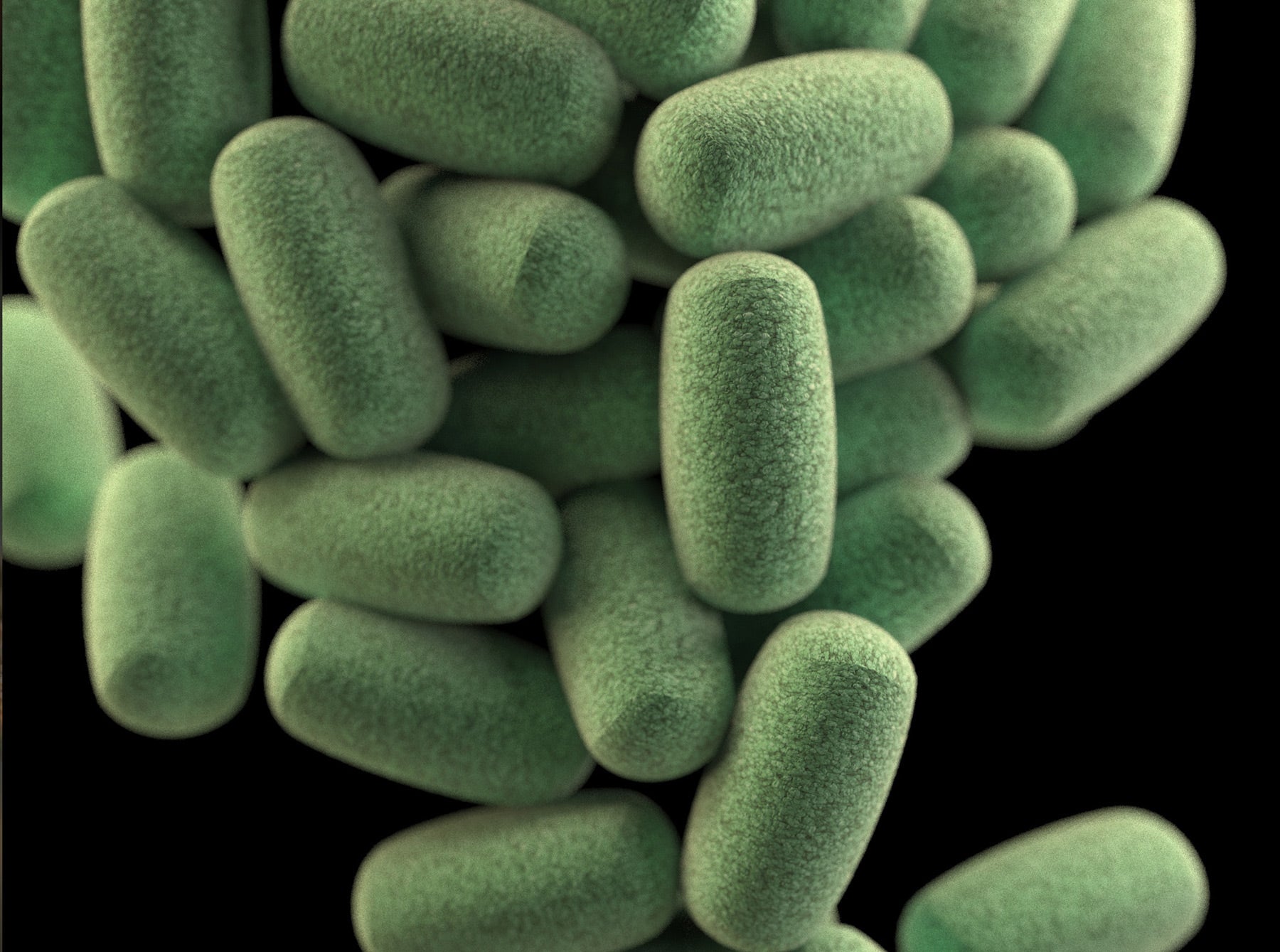Have you ever noticed that when you feel nervous or anxious, your gut sensations change? These butterfly-like sensations suggest that the brain and gut are connected… and recent research suggests that it most probably is.
The communication between your gut and brain is commonly known as the gut-brain axis. The gut-brain axis is both physical and chemical. The vagus nerve is one of the biggest nerves connecting your gut and brain. It sends signals in both directions. Your gut is very sensitive and contains over 500 million neurons, which are connected to your brain through nerves in your nervous system.
Signals between the brain and gut are stimulated by neurotransmitters. These unique chemicals are produced in the brain and control feelings and emotions. Interestingly, many of these neurotransmitters are also produced by your gut cells and the trillions of microbes living there. A large proportion of serotonin, a chemical messenger that is involved in mood balance, is produced in the gut.
Your mental performance is impacted by your gut-brain axis.
Because of the connection between how your gut and brain are feeling, if your gut isn’t happy, it’s likely that your brain isn’t going to be happy either. You may experience reduced energy levels, poor sleep quality and general feelings of brain fog. This can impact your performance at work and when performing day-to-day tasks.
Your gut health impacts how well nutrients are digested and absorbed, which affects the processes in your body
We rely on nutrients from food to fuel our bodies and to provide crucial components for specific body functions. The health of the gut impacts your body’s ability to break down food into useful components. There are a number of micronutrients from food that are required for metabolic processes and also cognitive abilities such as psychological function and mental performance. Optimising gut health is important to ensure that the food you eat is being utilised to its full potential and supporting your body’s internal processes.
How to look after your gut health.
Looking after your gut is relatively straightforward, with the right lifestyle and dietary choices.
- Exercise regularly. This helps to manage stress levels, and promotes a positive balance of neurotransmitters. It’s also been linked to a healthier balance of bacteria in the gut.
- Get plenty of sleep and follow a regular sleep problem. This allows your body to rest and restore itself. Plenty of sleep is linked to a healthier microbiome and better digestive health.
- Take food supplements to support gut health. There are specific gut health supplements available to support healthy digestion and provide biotic strains found in the gut.
- Eat a diet rich in prebiotic foods. These foods are high in fibre, which the microbiome thrive on.
- Keep alcohol intake to a minimum. Alcohol impacts gut health in a few different ways. It can inhibit digestive enzymes, compromise the balance of bacteria in the gut and cause inflammation in the gut.
Discover our Probio 20



Leave a comment
This site is protected by reCAPTCHA and the Google Privacy Policy and Terms of Service apply.